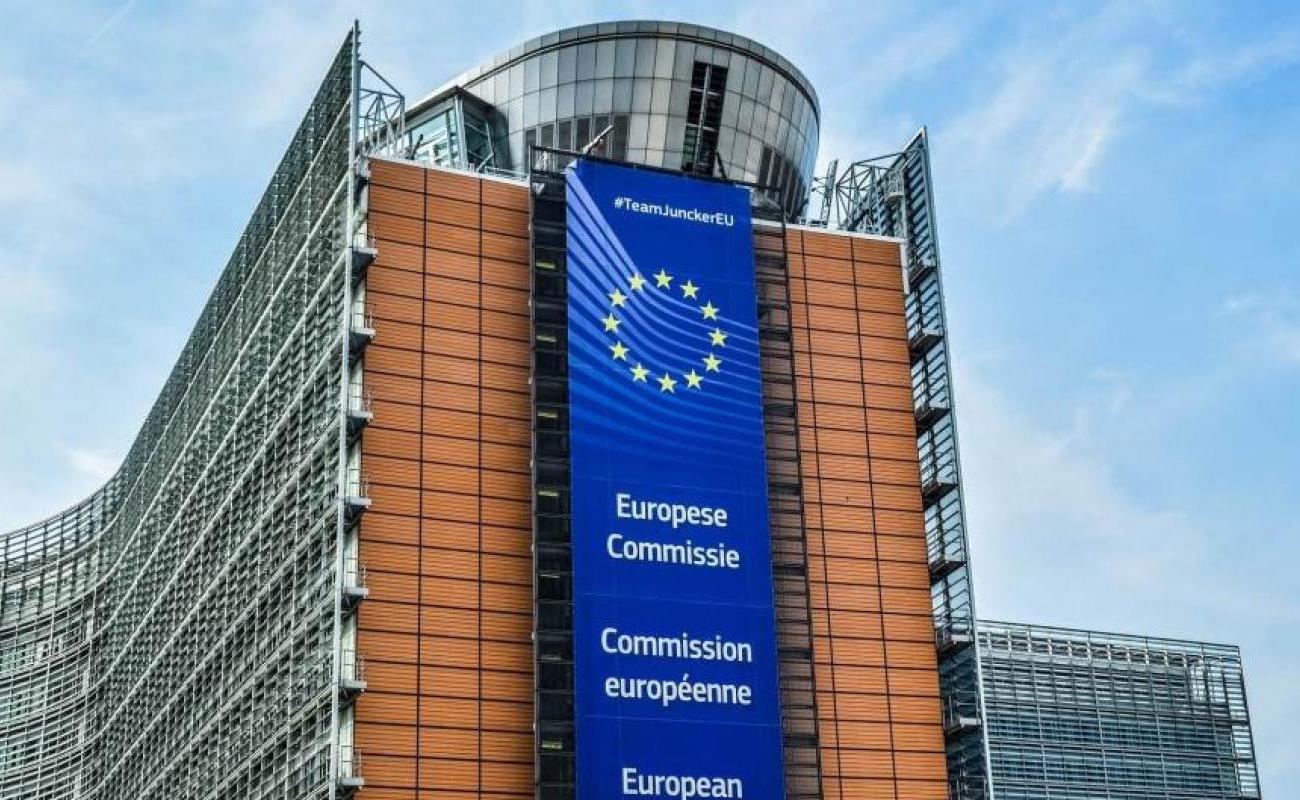Croatia receives a new payment of €162.5 million under the Recovery and Resilience Facility

The European Commission disbursed the fourth payment of €162.5 million (excluding pre-financing) under the Recovery and Resilience Facility (RRF) to Croatia on Monday.
“As for all Member States, payments to Croatia under the RRF are performance-based, i.e. they depend on whether Croatia implements the investments and reforms described in its recovery and resilience plan,” the European Commission announced on its website on Monday.
On 21 December 2023, Croatia submitted its fourth payment application to the Commission for €162.5 million under the RRF, covering 9 milestones and 7 targets.
These include reforms in the areas of public administration, justice, public procurement, early childhood education and care, as well as investments in the decarbonisation of the energy sector, electronic communications, research and innovation, and health.
5.8 billion in grants and €4.2 billion in loans
On 29 February 2024, the Commission adopted a positive preliminary assessment of Croatia’s payment application. The favourable opinion of the Council’s Economic and Financial Committee (EFC) on the payment request paved the way for the Commission to take a final decision on the disbursement of funds.
Croatia’s entire recovery programme will be financed with €5.8 billion in grants and €4.2 billion in loans. The amount of payments to Member States will be published in the Recovery and Resilience Scoreboard, which will show the progress made in implementing the RRF as a whole and the individual recovery and resilience plans.
The bulk of the fourth instalment will be paid for a new model for financing kindergartens and more investment in the public health system.
After this instalment, higher amounts will be disbursed to Croatia in further instalments.
The final, 10th instalment will amount to 1.881 billion euros.
Croatia is the second most successful country in the EU when it comes to implementing the NRRP, and only Italy is better, said Prime Minister Andrej Plenkovic recently.
